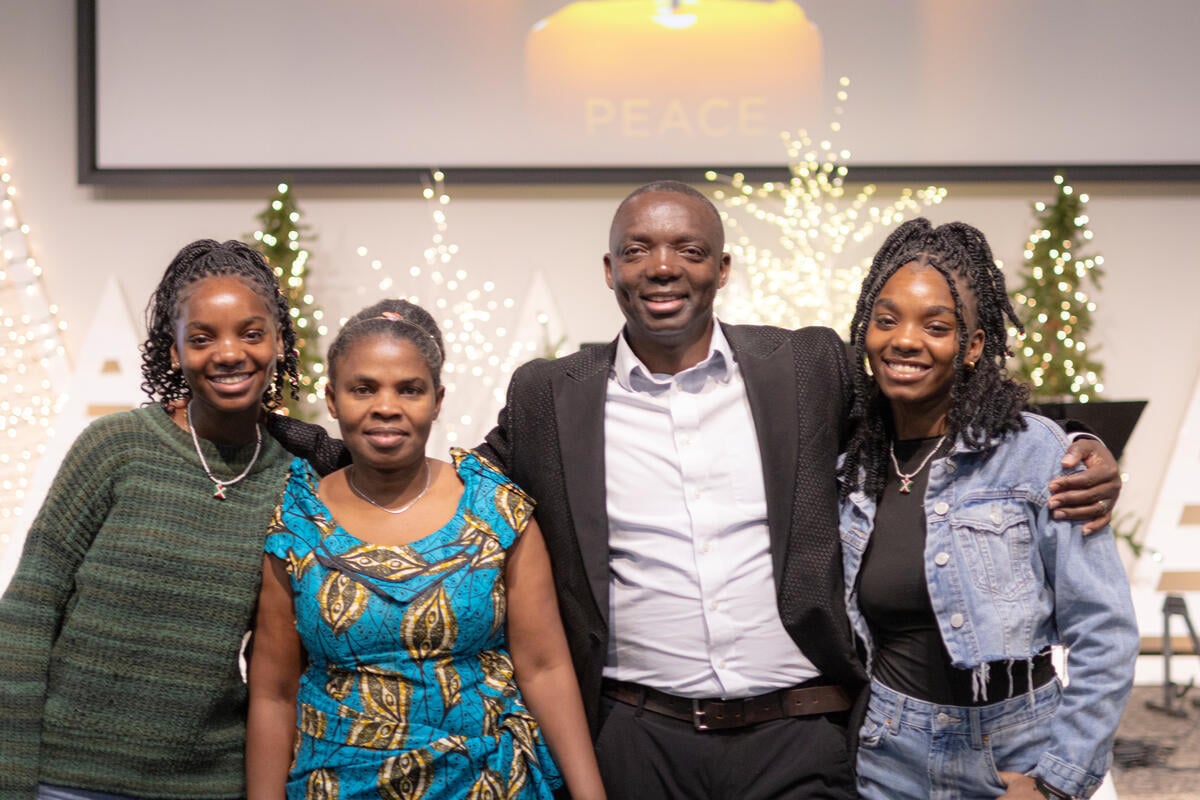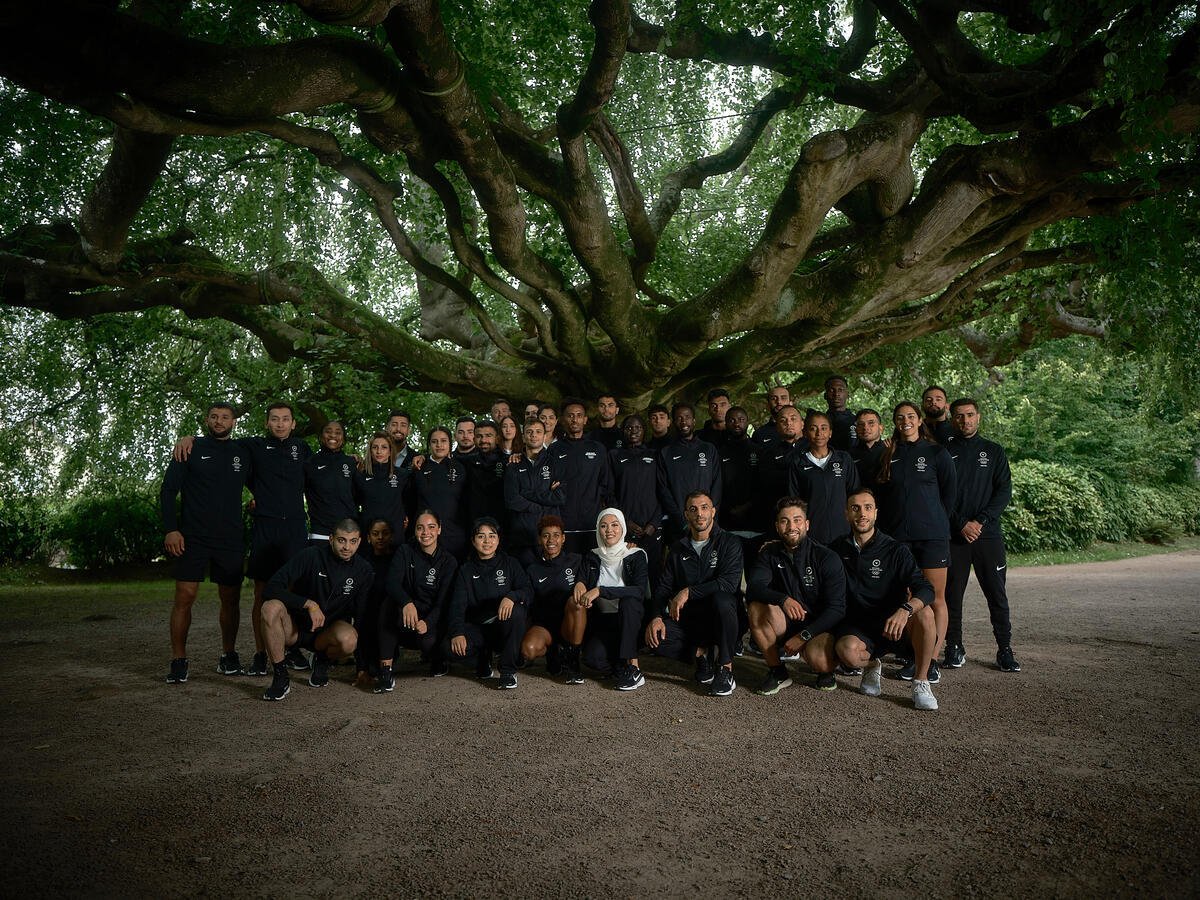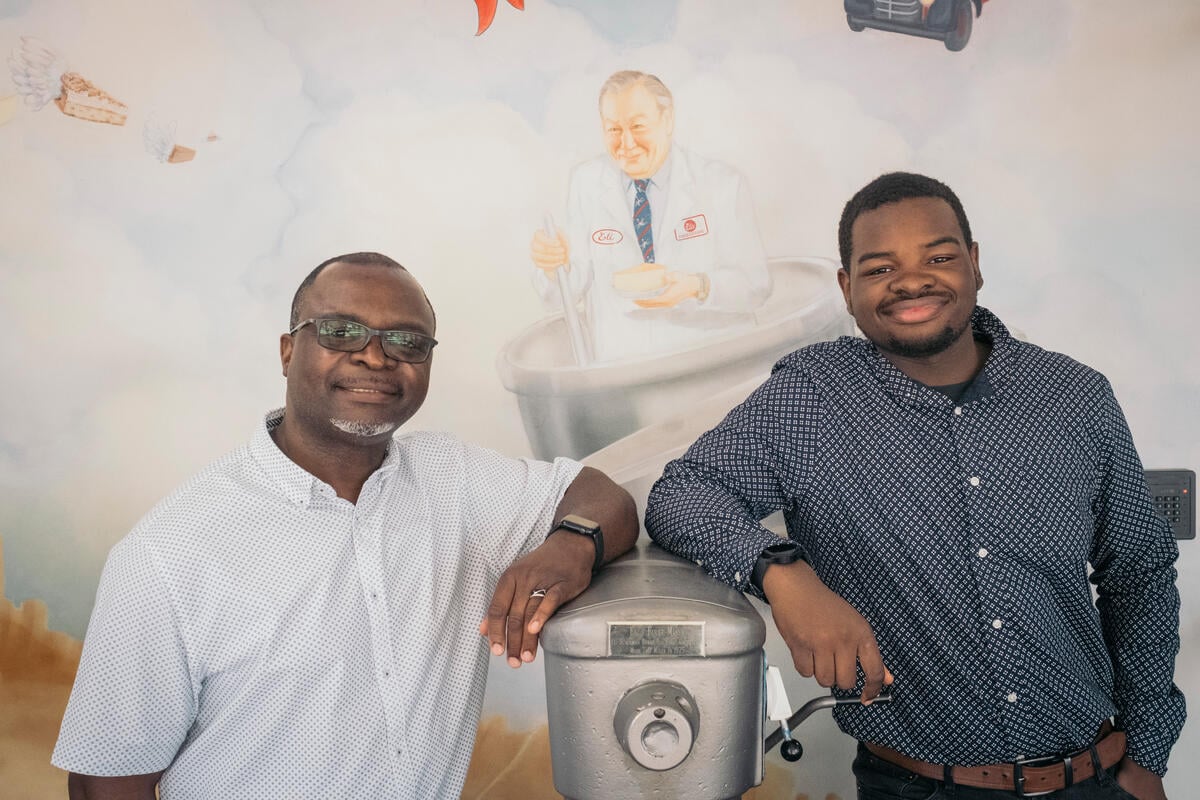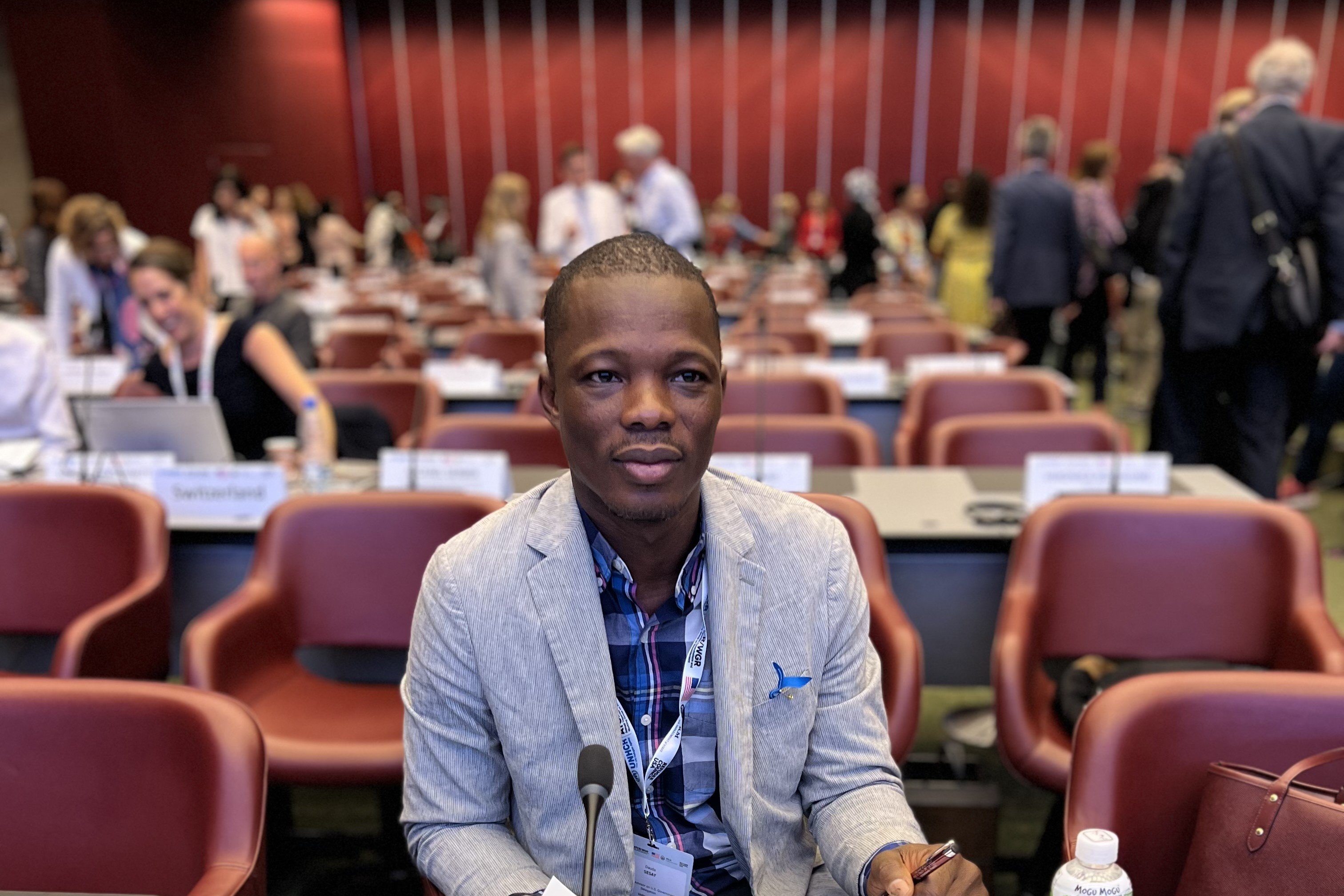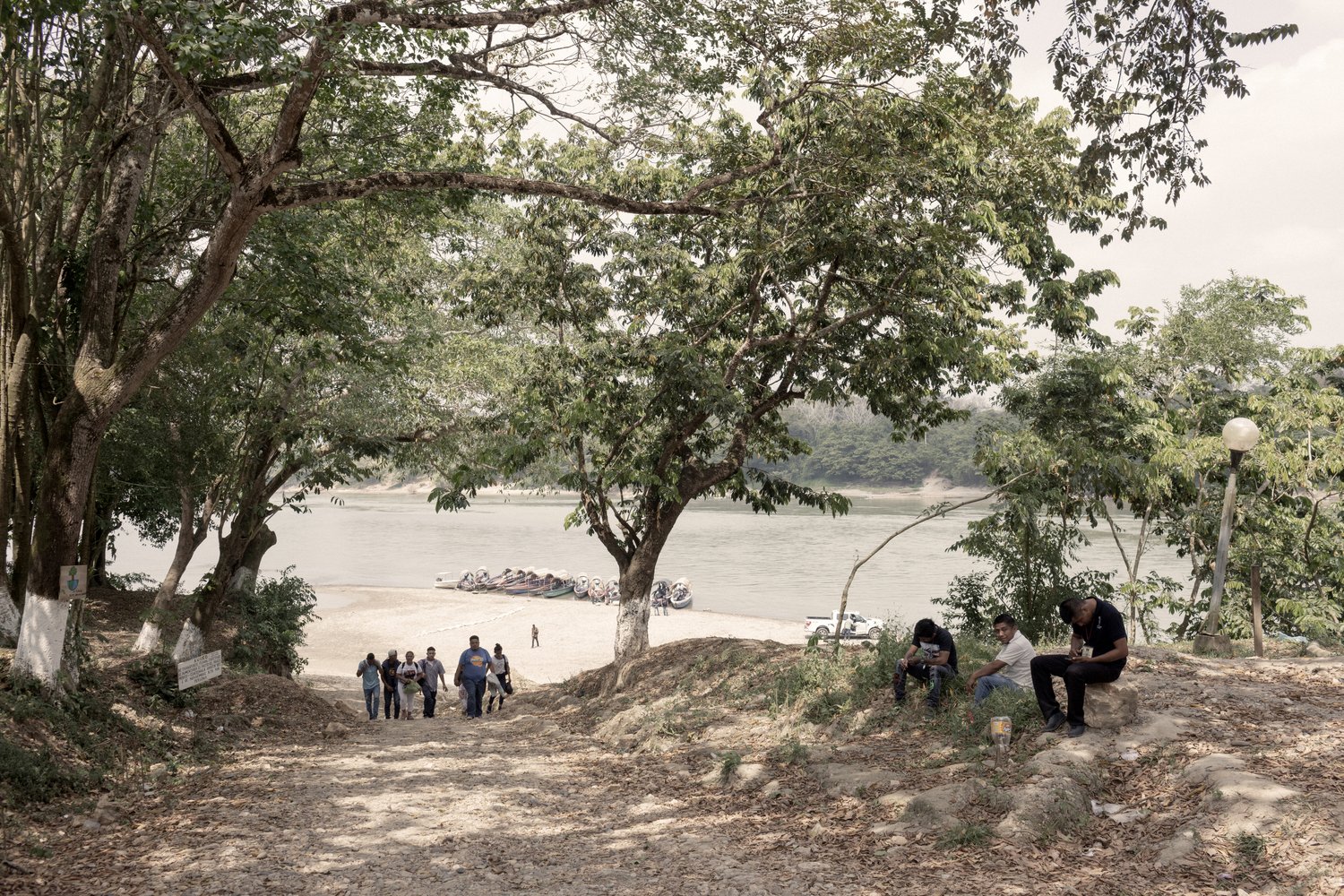Refugee Congress gathering brings new voice to US policy debate
Refugee Congress gathering brings new voice to US policy debate

WASHINGTON, DC, United States, December 13 (UNHCR) - Refugees and asylum-seekers from Syria, Sudan and 20 other nations took steps this week in Washington, DC, to ensure their voices become an integral part of United States policy discussion on how best to protect people fleeing violence and persecution around the world.
At the end of the 2013 Refugee Congress, organized by UNHCR on Monday and Tuesday, the 48 delegates each signed a letter calling on the US authorities to "invite refugees and other affected persons to participate meaningfully in discussions" on refugee and asylum policy issues.
The letter was handed by the delegates to their representatives in the US Congress during meetings on the "Advocacy Day" that followed the gathering, an action that participants said underscored the drive to push refugee advocacy forward from the conceptual to the practical.
"UNHCR supports the Refugee Congress as a way for refugees and asylum-seekers in the United States to help themselves and to develop a credible voice for advocacy," said Shelly Pitterman, UNHCR's regional representative. "I think that this year's Refugee Congress took an important step in the right direction," he added.
Delegates were also happy with developments. "We have travelled so long and so far," said Ayman Okar, a Syrian delegate to the gathering, which was opened on Monday by UN High Commissioner for Refugees António Guterres and US Assistant Secretary of State for Population, Migration and Refugees Anne Richard. "This is something that I have been searching for," added the Syrian refugee, who fled his homeland last year and now lives under temporary protection in the US state of Michigan.
Okar's gratitude for the safety he and his family have found in the United States and desire to work with government and NGO partners in improving the US resettlement process was echoed by many delegates amid consensus on the need for refugees to have a seat at the policy-making table.
"That is why I am here - to make sure my voice is part of that process because I think it is a powerful process," said Sigga Jagne, the delegate from Kentucky, who fled from the Gambia after a coup d'état in 1994. "The message I am taking to Capitol Hill is to let our senators and representatives know that this is an American issue, that this is what being American is about."
Assistant Secretary of State Richard, in an address to the gathering, said the refugee story of courage and resilience was quintessentially American. "You are not strangers. You belong here!" she stressed.
The congress participants agreed that fortifying that fact of belonging must be central to their future work. This meant not just feeling confident of their status as full-fledged members of American society but of exercising that status in practical ways to advocate for an issue they know better than anyone.
The two days of work at the congress alternated regularly between plenary meetings and workshop sessions in small groups. Participants praised the months of work by the steering Refugee Congress Advisory Board and UNHCR staff that made this week's event possible.
Fidel Nshombo, a poet originating from Democratic Republic of the Congo, said that "empowerment is the key" to making the Refugee Congress a practical and sustainable vehicle for representing the concerns of tens of thousands of refugees and asylum-seekers living across the United States.
In a rousing address on the first day of the congress, Frank Sharry, executive director of the America's Voice immigration reform advocacy organization, stressed the need for all people in the United States to understand that refugees and asylum-seekers are as much a part of the fabric of American society as any other group in the country.
"My vision of an America that I love and that I will fight for is an America that is welcoming to refugees," Sharry said, before calling on refugees and asylum-seekers to take the lead in that cause: "Hurry up and take over!" he said.
By Chris Boian in Washington, D.C., United States

